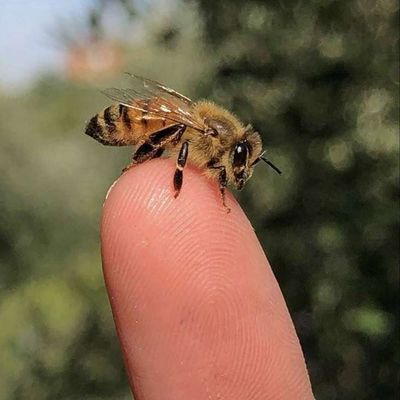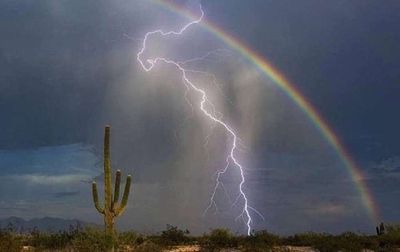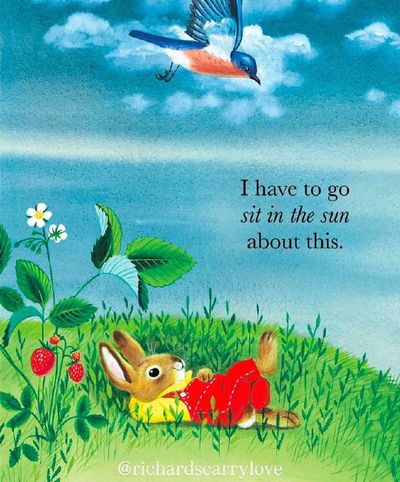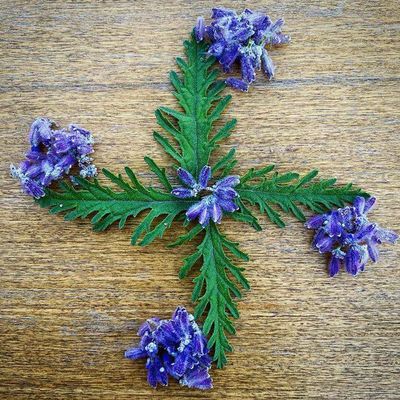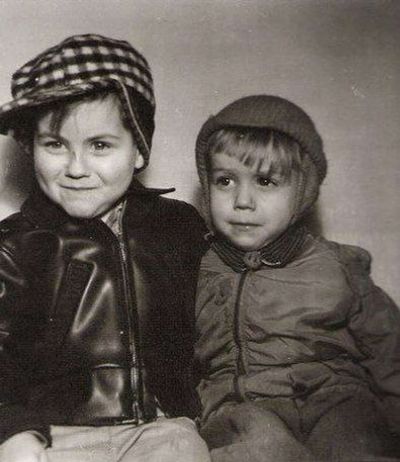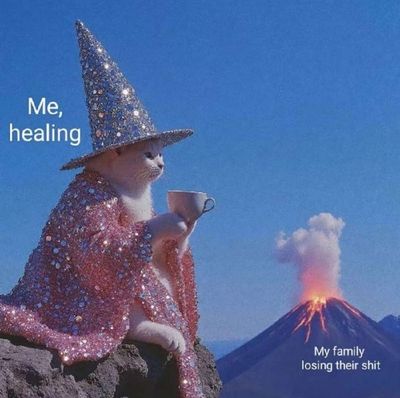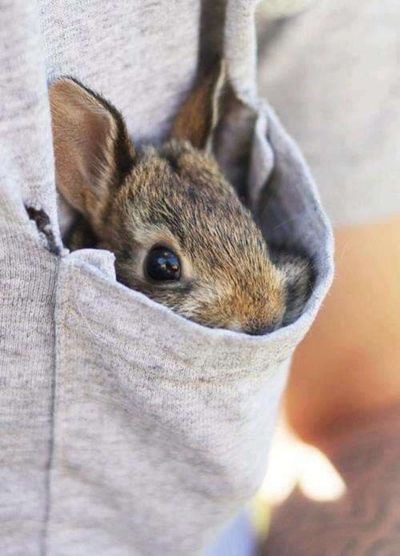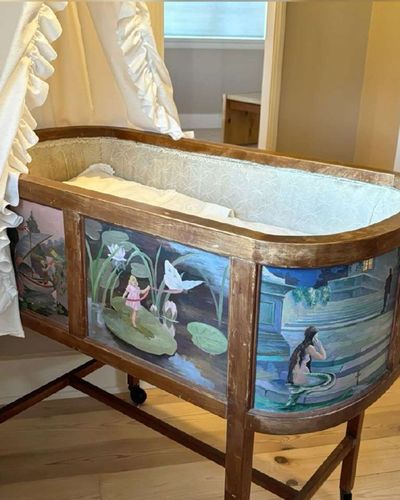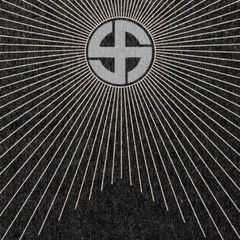
🌱The Crunchy Fascist II🌱
"🌱The Crunchy Fascist II🌱" 群组最新帖子
18.05.202518:00
Garlic clove nationalism 🔥卐😂😂

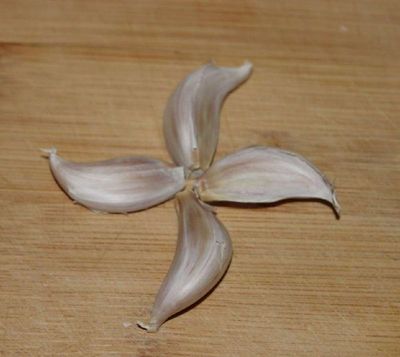
转发自: Ancient Family
Ancient Family
18.05.202518:00
The Gallops, Nr Sutton Veny, Wiltshire. Reported 15th May.
https://www.cropcircleconnector.com/2025/gallops/gallops2025a.html
https://www.cropcircleconnector.com/2025/gallops/gallops2025a.html


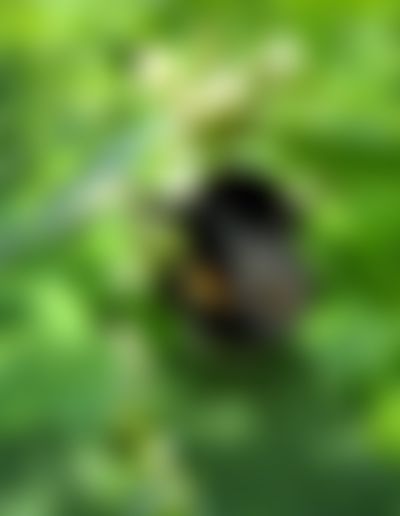

18.05.202518:00
18.05.202518:00
When someone died, they told the bees—because if you didn’t, they might leave or die of heartbreak too.
In the quiet corners of rural life, an old tradition once buzzed softly beneath the surface—telling the bees. It was a custom rooted in respect, mystery, and an almost magical connection between humans and nature. Beekeepers in 18th and 19th century Europe and America believed that bees were not just insects—they were members of the family, messengers between this world and the next. And like any family member, they deserved to be told when something significant happened.
When a loved one died, got married, or even when a child was born, the head of the household—or more often, the “goodwife”—would walk solemnly to the hive, knock gently, and whisper the news. They’d say the name of the person who had passed or wed, and even drape the hives in black cloth during mourning. Why? Because legend warned that if the bees were not told, they might fall ill, stop producing honey, abandon the hive—or worse, die.
This wasn’t just folklore; it reflected a powerful belief that bees could feel joy and sorrow, that they needed to be included in the life of the household. The practice likely finds its roots in Celtic mythology, where bees were seen as spiritual couriers, able to travel between the worlds of the living and the dead. Seeing a bee after someone passed away was interpreted as the soul in flight.
Some beekeepers even shared wedding cake or wine with their bees, inviting them to celebrate. It was a mutual relationship—if you respected them, they blessed you with sweet honey and a thriving hive.
In a world that’s growing louder and more disconnected from nature, the tradition of “telling the bees” is a beautiful reminder of the quiet reverence our ancestors held for the natural world. They didn’t just farm the land or keep animals—they communed with them. And in return, they believed those creatures held the secrets of life, death, and everything in between.
#FolkloreFridays #NatureMysteries #AncientTraditions
In the quiet corners of rural life, an old tradition once buzzed softly beneath the surface—telling the bees. It was a custom rooted in respect, mystery, and an almost magical connection between humans and nature. Beekeepers in 18th and 19th century Europe and America believed that bees were not just insects—they were members of the family, messengers between this world and the next. And like any family member, they deserved to be told when something significant happened.
When a loved one died, got married, or even when a child was born, the head of the household—or more often, the “goodwife”—would walk solemnly to the hive, knock gently, and whisper the news. They’d say the name of the person who had passed or wed, and even drape the hives in black cloth during mourning. Why? Because legend warned that if the bees were not told, they might fall ill, stop producing honey, abandon the hive—or worse, die.
This wasn’t just folklore; it reflected a powerful belief that bees could feel joy and sorrow, that they needed to be included in the life of the household. The practice likely finds its roots in Celtic mythology, where bees were seen as spiritual couriers, able to travel between the worlds of the living and the dead. Seeing a bee after someone passed away was interpreted as the soul in flight.
Some beekeepers even shared wedding cake or wine with their bees, inviting them to celebrate. It was a mutual relationship—if you respected them, they blessed you with sweet honey and a thriving hive.
In a world that’s growing louder and more disconnected from nature, the tradition of “telling the bees” is a beautiful reminder of the quiet reverence our ancestors held for the natural world. They didn’t just farm the land or keep animals—they communed with them. And in return, they believed those creatures held the secrets of life, death, and everything in between.
#FolkloreFridays #NatureMysteries #AncientTraditions
18.05.202517:59
Dot was stalking rodents and following me around while I watched the ravens.
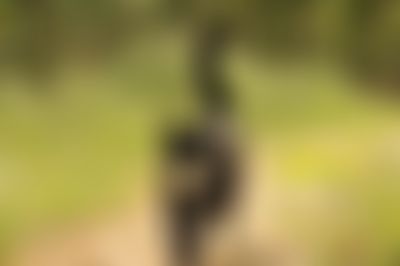

18.05.202517:58
Here's one of his parents who stopped by to feed him.🥰

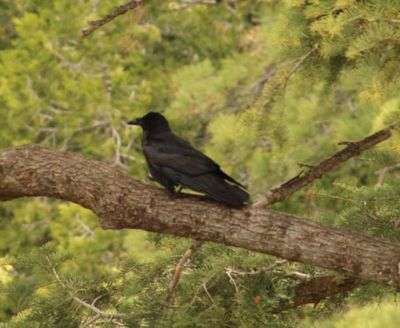
18.05.202517:57
Heres the raven parents doing their synchronized flying over my house. This behavior is an activity that mates regularly practice to keep their bond strong. ❤


18.05.202517:57
The ravens who live in my neighborhood had babies again and are starting to fly around with them. There's 2 babies and one already flies really well but the second one is less developed. He can fly but his wings and tail are all scraggly and aren't filled out yet so he mostly spent the day sitting in a couple different trees across the street from my house. 🥰

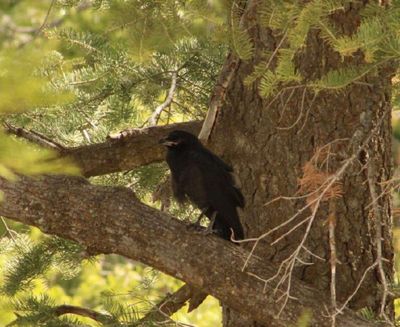
记录
16.03.202515:01
4.3K订阅者04.02.202523:59
100引用指数29.11.202423:59
664每帖平均覆盖率24.05.202523:59
305广告帖子的平均覆盖率29.12.202418:05
300.00%ER19.10.202423:59
16.43%ERR登录以解锁更多功能。










